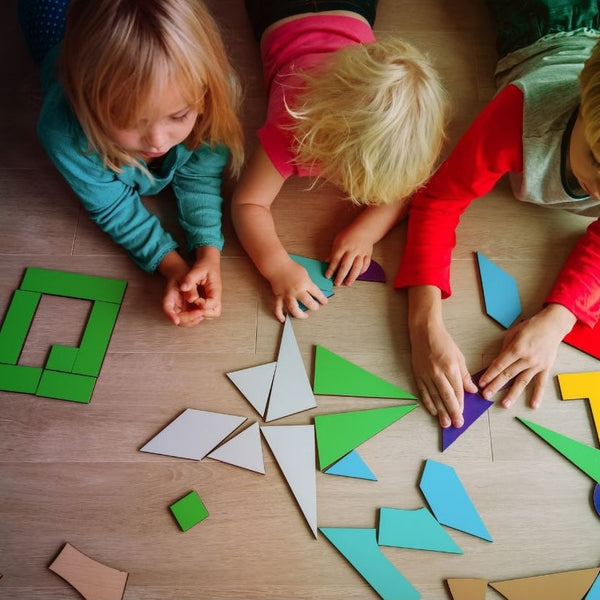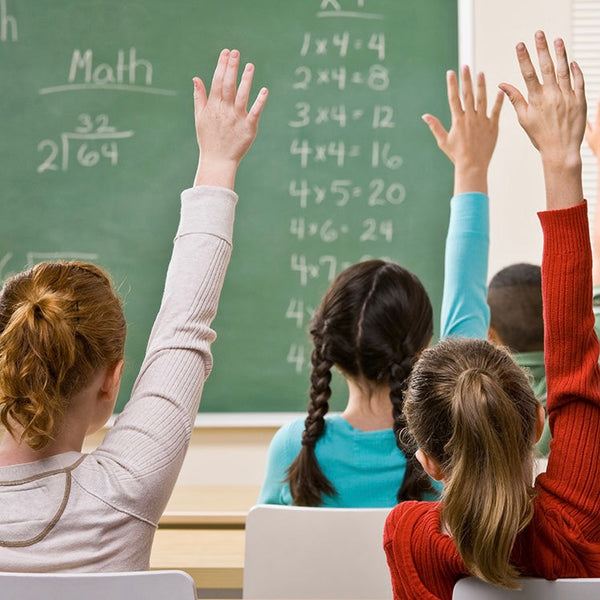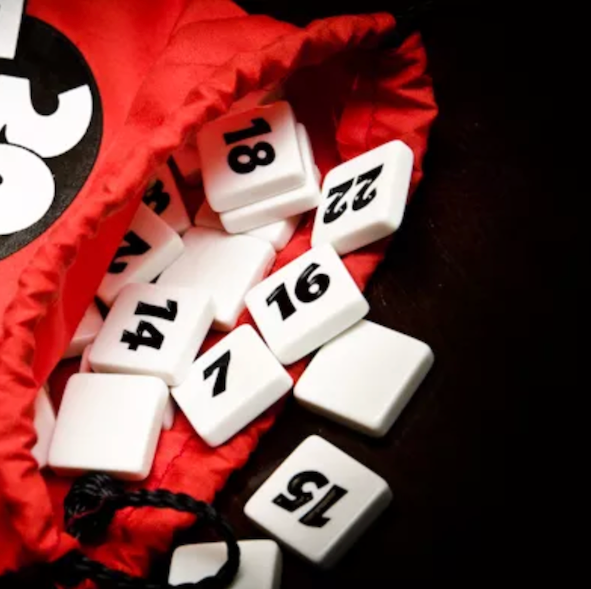Research -- StepUp to Learn
Is Metacognition the Key to Boosting Math Scores?
Researchers explore how metacognitive strategies can improve learning outcomes in math.
Unlocking Math Potential: How Spatial Language Boosts Number Skills
How teaching spatial language skills to preschoolers boosts their understanding of number size.
Struggling with Math Word Problems? Try Improving Working Memory
A new study explores the role of working memory in word problem-solving for students with and without math difficulties.
Harnessing the Power of Rough Drafts in Math
How educators are helping kids become more effective and confident problem-solvers.
Creativity Boosts Literacy and Numeracy Scores
Students who think outside the box are more likely to excel in literacy and numeracy assessments.
Kids Use Different Math Skills at Work vs. School
Study in India found that students can excel at mental math in marketplace jobs but struggle with formal math in the classroom, and vice versa.
The Myth about Math Talk at Home
Eye-Tracking Study Provides Insights into Learning Mathematics
Game On! Board Games Aren't Just a Reward
Peers Crucial in Shaping Boys’ Confidence in Math Skills
Drawings Give Shape to Math Problem-Solving Skills
When Kids' Positive Attitude Towards Math Fades (And What To Do About It)
Children’s interest in, and competence perceptions of, mathematics are generally quite positive as they begin school, but turn less positive during the first three years. What can parents and educators do?
-
Previous
- Page 1 of 6
- Next











